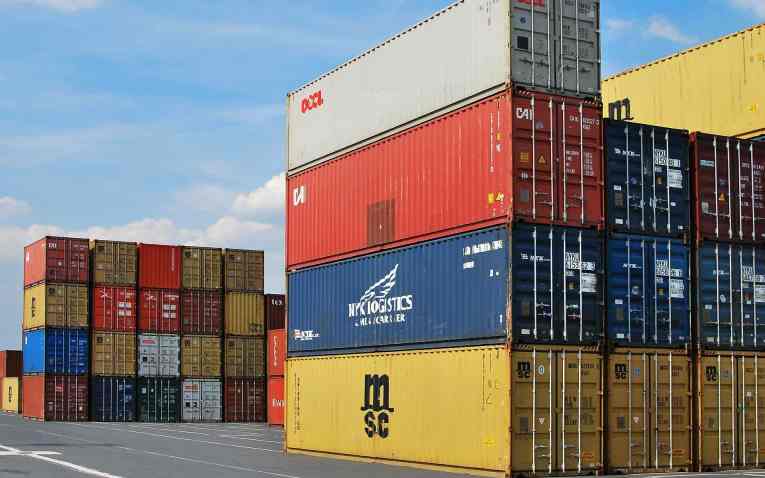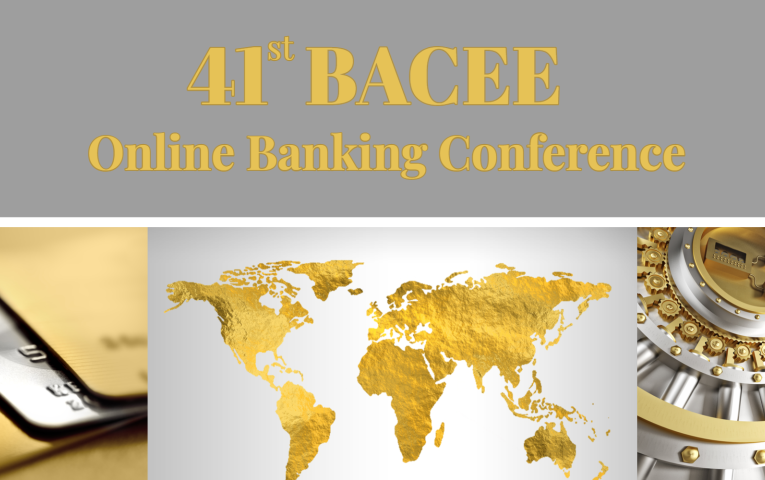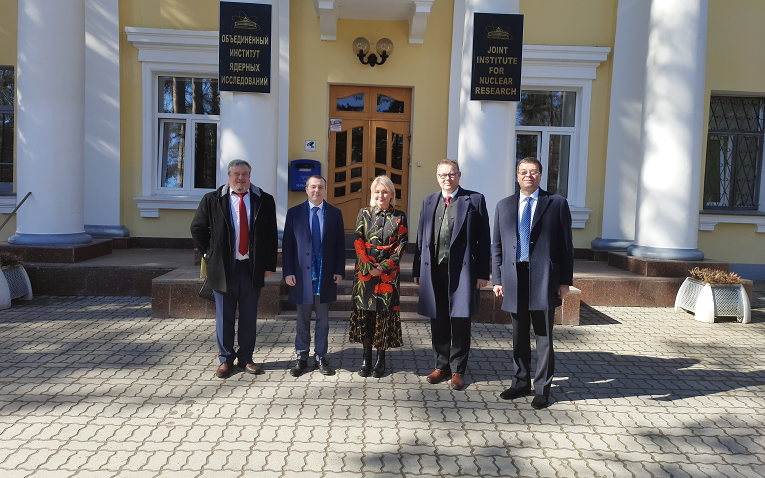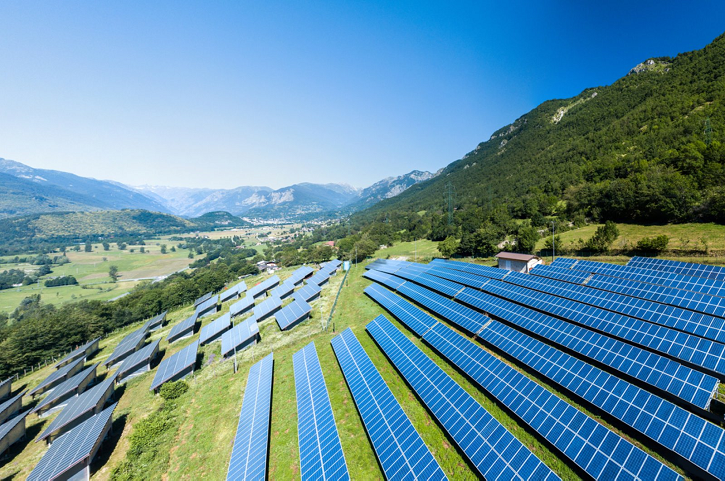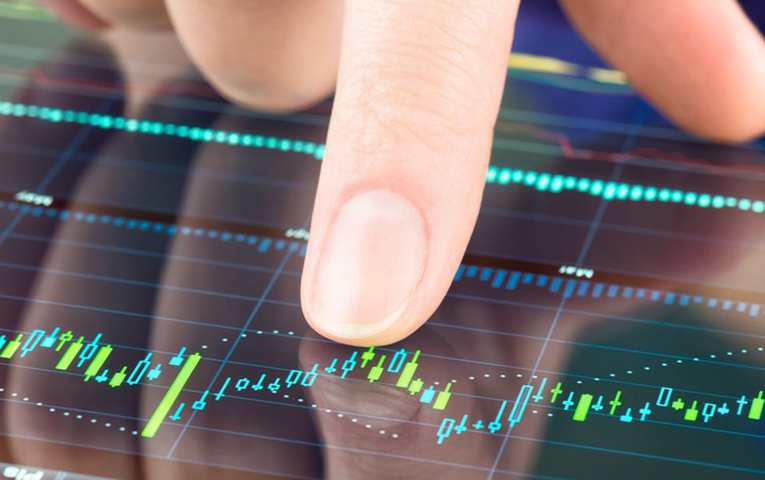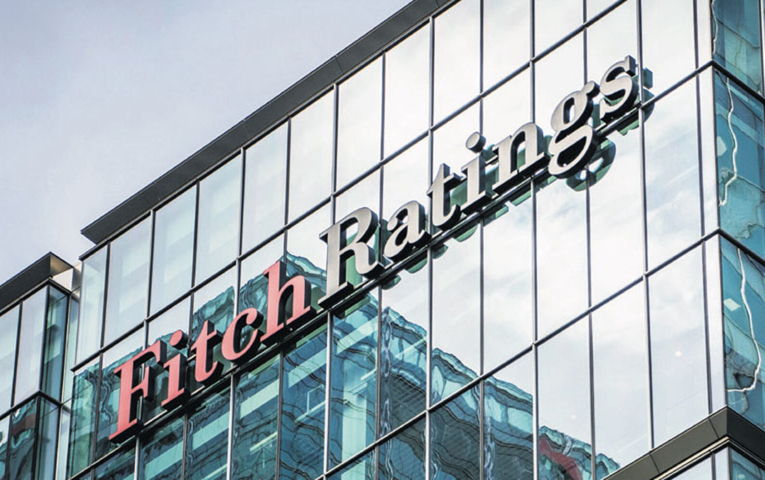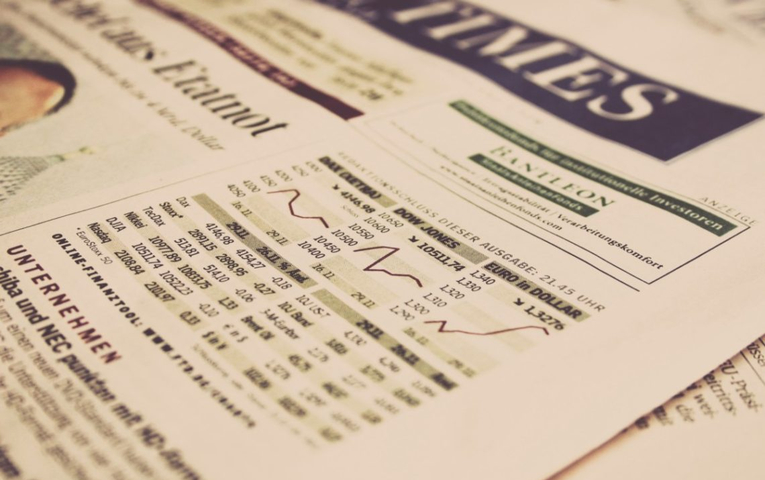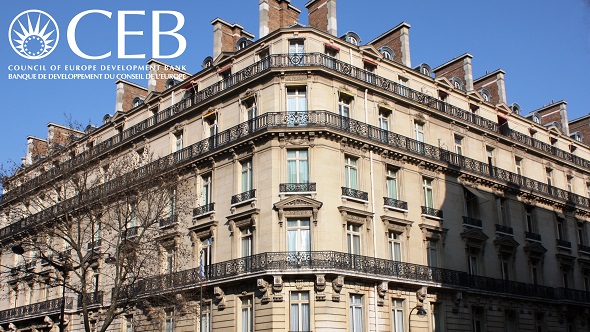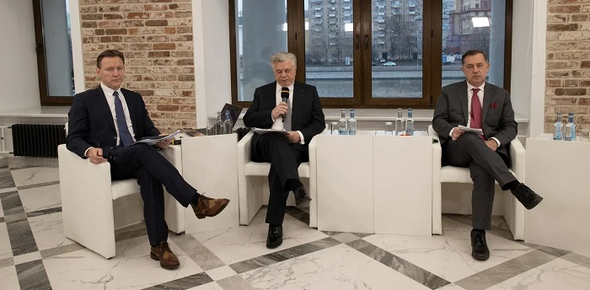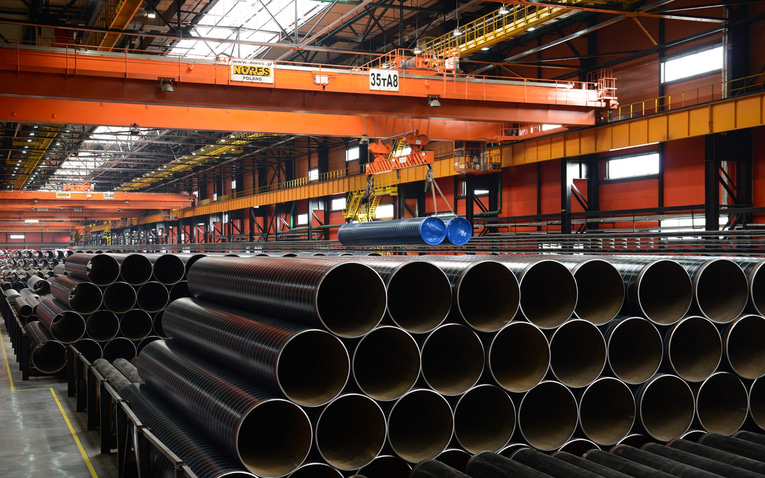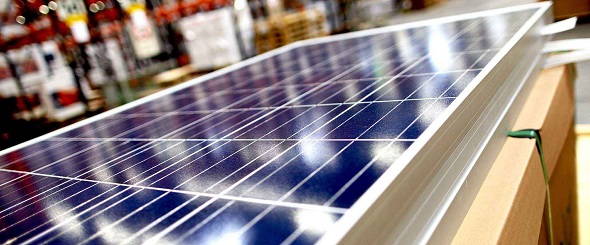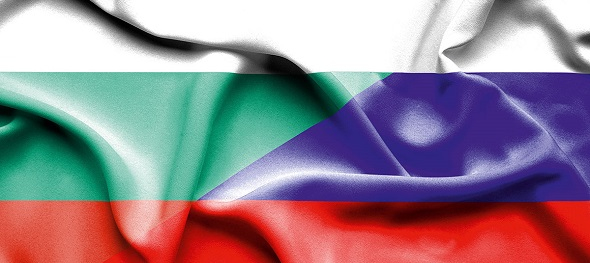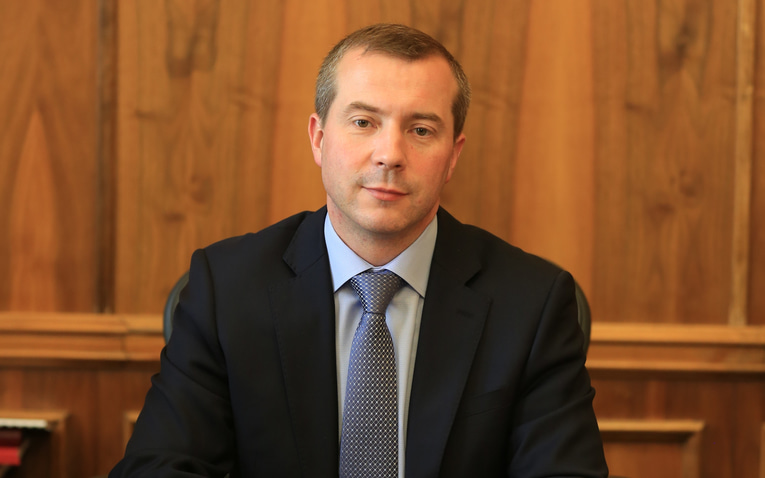International Bank for Economic Co-operation has disclosed its 2020 financial results in accordance with the International Financial Reporting Standards and Ernst&Young auditor's report.
Despite the restrictions caused by the COVID-19, IBEC successfully operated in 2020, which was the final period in the implementation of the updated development strategy of the Bank. Having exceeded the key indicators of the annual plan, IBEC fully achieved the goals stated in the strategy.
Against the background of the pandemic, IBEC was able to quickly adapt its business processes to the changed social and business environment, to provide support to clients and partners. Key areas of activity – trade finance, syndicated lending, support for the SME sector and the green economy – turned out to be in great demand under restrictive measures. The effective work of the Bank made it possible to achieve both good financial results and ensure the implementation of the IBEC goals as a development institution.
According to the results of 2020, IBEC assets amounted to EUR 815 mln, having increased by 25% compared to the previous year and almost 2.5 times since the re-launch in 2018. The loan and documentary portfolio comprised EUR 418 mln at the end of 2020, compared with EUR 353 mln at the end of 2019. This result has been achieved through the use of the entire range of trade finance instruments, as well as active participation in syndicated financing transactions.
The Bank's course towards a balanced loan portfolio is reflected in its geographical diversification. In 2020, IBEC conducted operations both in the participating countries and in other countries. The Bank also expanded the list of currencies in which financing was provided. Conducting transactions in the currencies of the Bank's member countries is also one of the elements of the credit policy diversification. The quality of assets is confirmed by the low level of reserves – their average level in 2019-2020 did not exceed 0.61%.
With the systematic growth of the loan portfolio, the Bank maintains a high capital adequacy. IBEC keeps it at a high level – 44% at the end of 2020. This indicator significantly exceeds the threshold set by the IBEC Council – at least 25%.
Treasury assets reached EUR 388 mln (EUR 276 mln in 2019). Investment security continues to improve – the share of assets with the highest rating (AAA / AA) increased to 10% compared to 5% a year earlier.
As an important measure to ensure sustainable business development, IBEC continues the course to reduce the dependence on short-term funding sources. During the year, the volume of long-term borrowings almost doubled and amounted to 38% of all the Bank's liabilities. Among the most significant deals– the second loan agreement with Raiffeisen Bank International AG, according to which the Bank received EUR 10 mln for 2 years, placement of a new bond issue for 4 years in the amount of 5 billion rubles (about EUR 64 mln) on the Moscow Exchange. At the end of June, IBEC attracted tied financing for 11 years from Eximbank of Russia with subsidized rate under the program of the Ministry of Industry and Trade of the Russian Federation supporting the production of high-tech products for a total amount of EUR 40 mln under the execution of an export contract between Ulaanbataar Railway and Transmashholding JSC.
Bank’s credit ratings have become an important indicator that IBEC has chosen the right vector of development, and has a stable financial position. IBEC currently has the following ratings: BBB- from Fitch with a positive outlook, Baa3 from Moody’s with a stable outlook, A- / AAA (RU) from the Russian agency ACRA with a stable outlook and BBB with a stable outlook from ACRA Europe.
In the context of the persisting socio-economic turbulence IBEC, as a multilateral development institution, will continue to fulfill its mandate – supporting small and medium-sized businesses in its member states, promoting international trade, and contributing to the development of the green economy. In 2020 IBEC participated in the placement of two bond issues of the European Union (financing Social projects including mitigating COVID-19 consequences for the EU economy) and “green” bond issues of Romanian group Globalworth, NE Property BV, Russian Railways and others. Also, IBEC supported projects aimed at developing social and environmental infrastructure in the participating countries. All these operations comply with the UN Sustainable Development Goals, the implementation of which is an important element of the IBEC strategy.
In December, 2020 the medium-term development strategy of IBEC for the period 2021-2025 was adopted by the Council. The key quantitative benchmarks outlined in the Strategy are an increase in assets to more than EUR 1 billion, an increase in the volume of credit and documentary transactions to more than EUR 0.7 billion. The emphasis will be placed on the growth of trade finance operations and settlement transactions, which are a unique feature of IBEC among other international financial organizations and development institutions.
 Ru
Ru Bằng tiếng việt
Bằng tiếng việt
 Mongoloor
Mongoloor

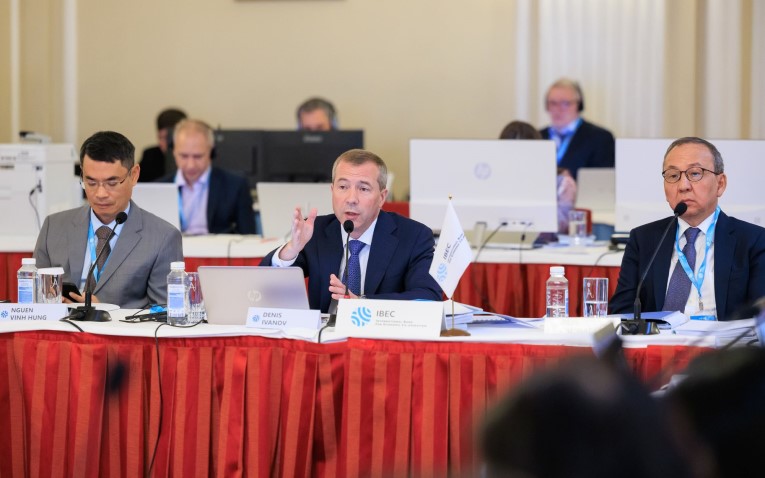
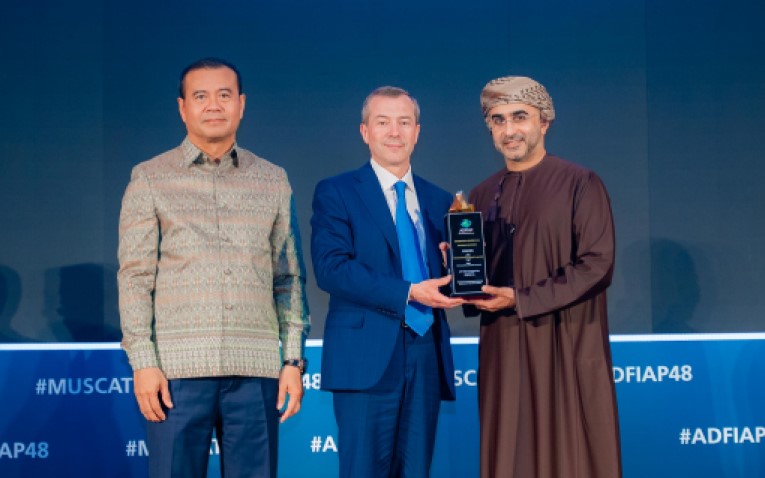
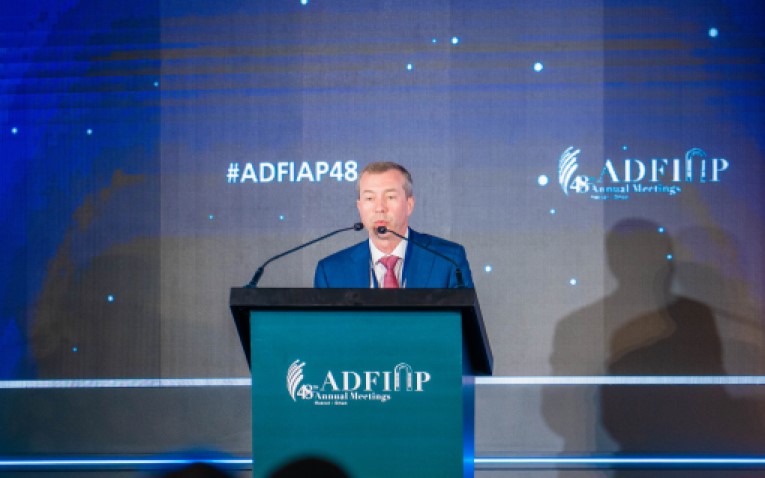
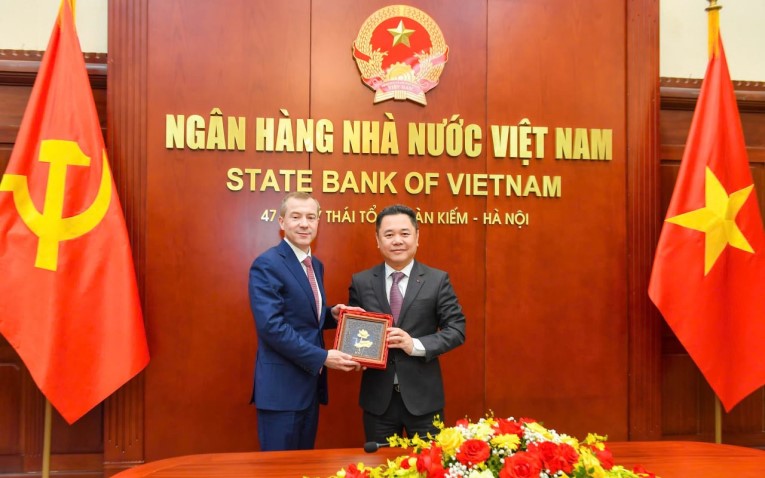
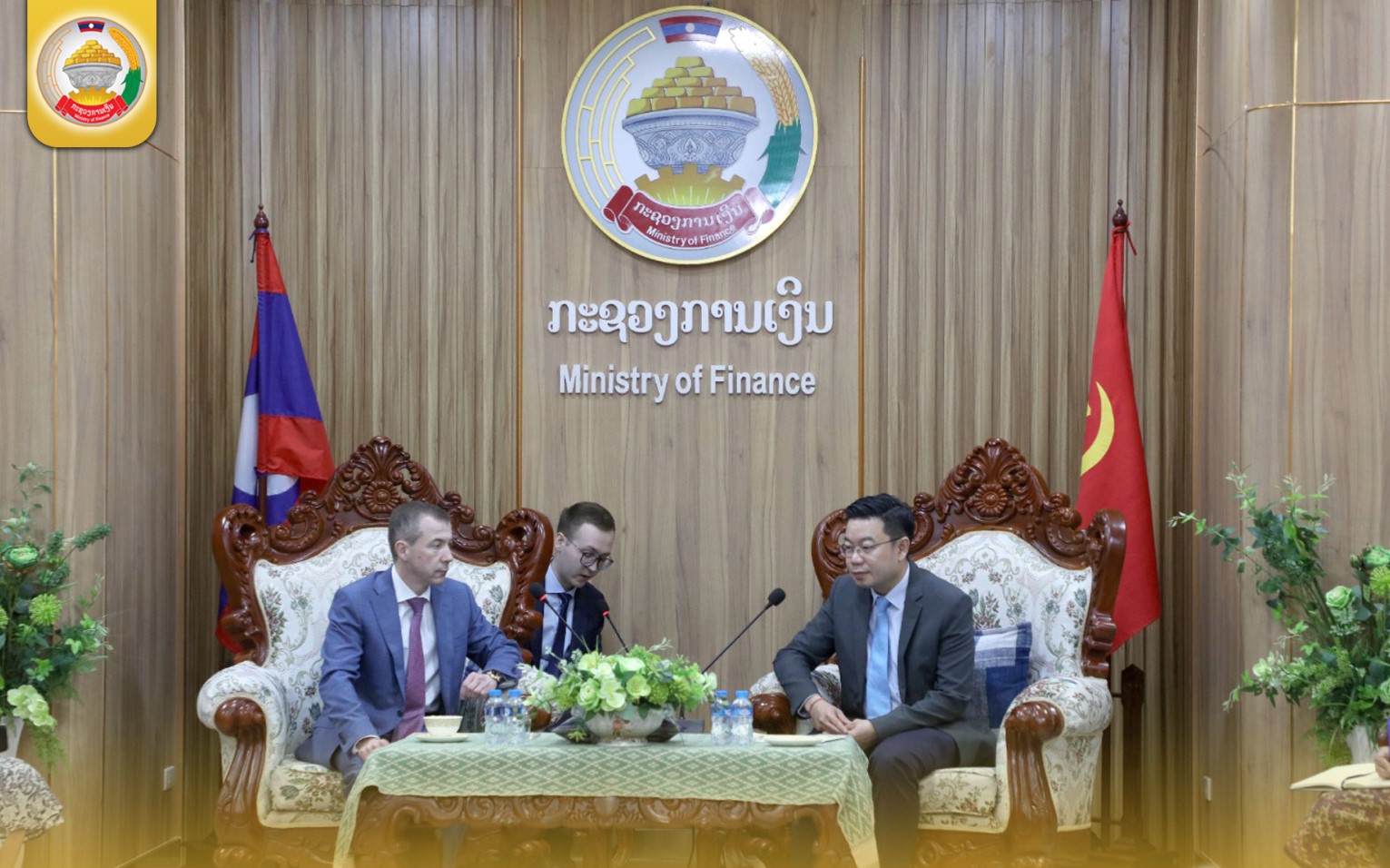

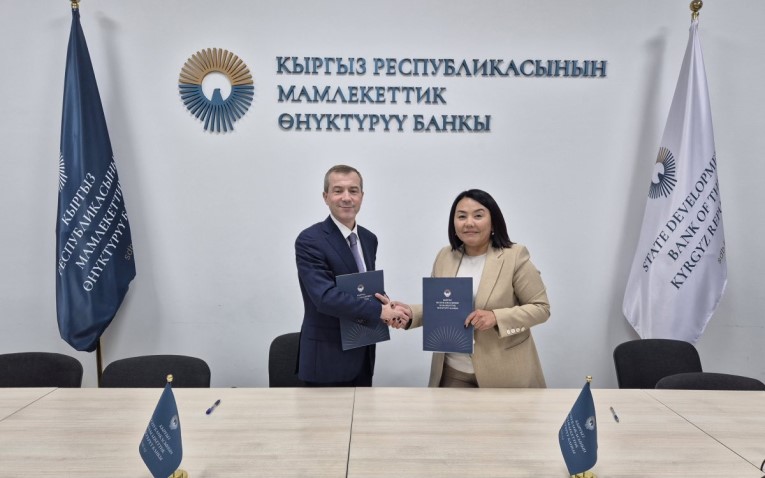





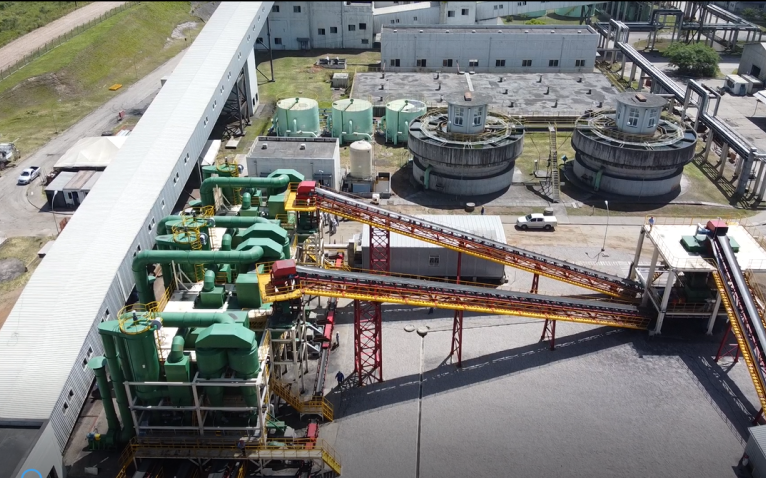


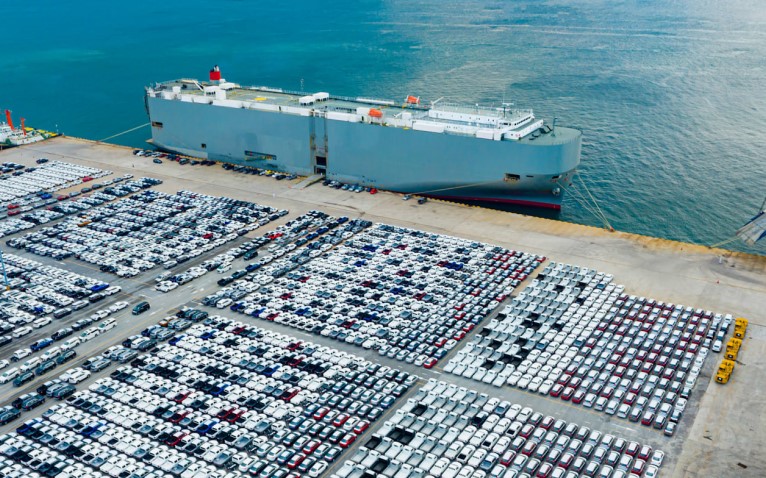
 765X478.jpeg)



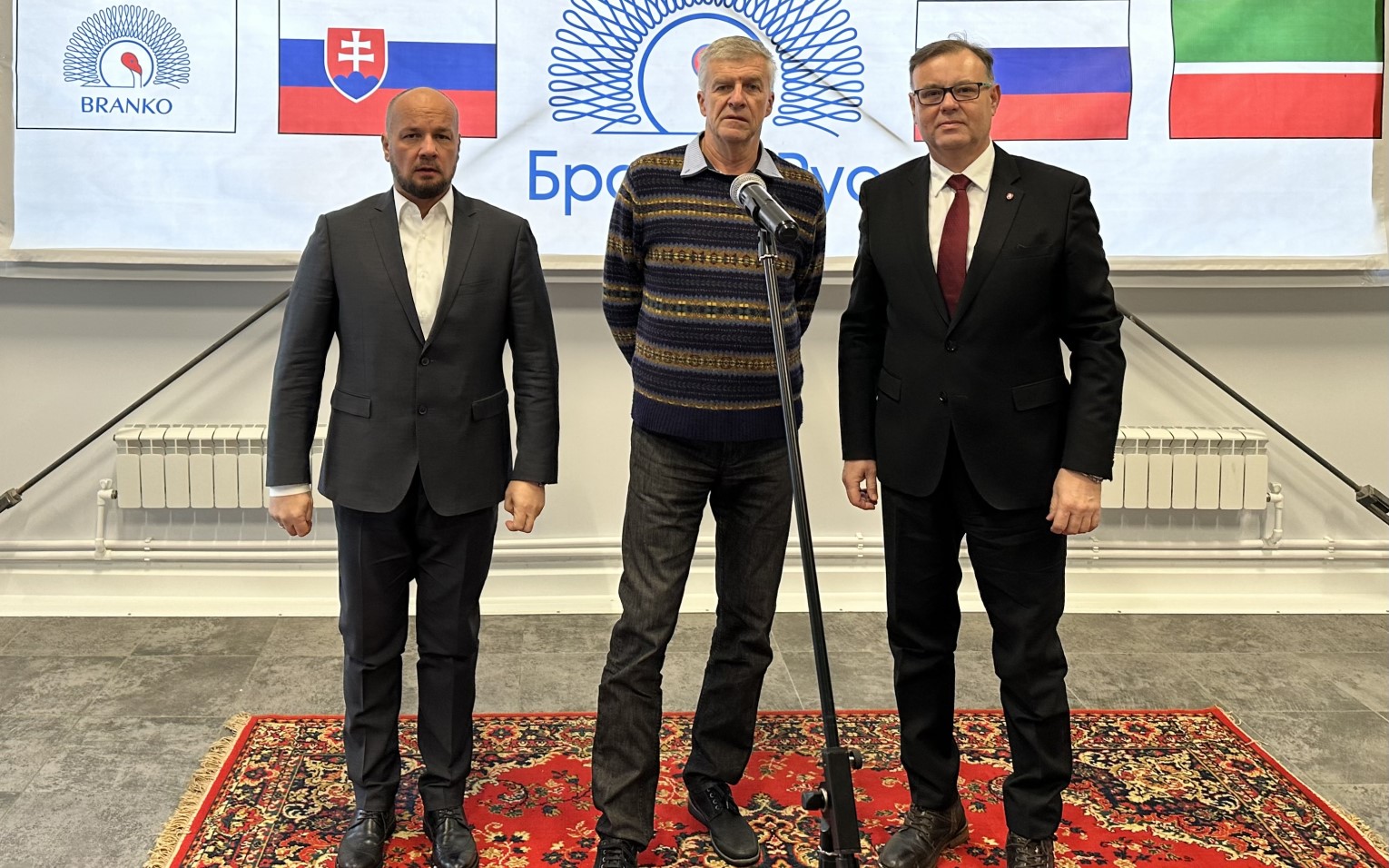
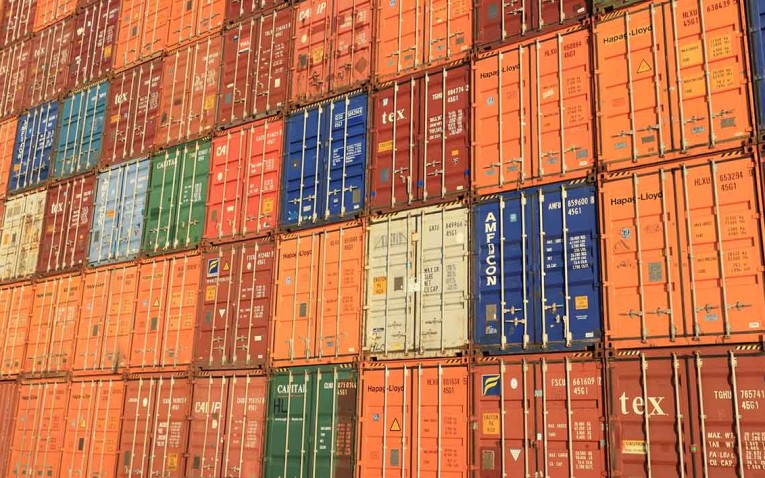
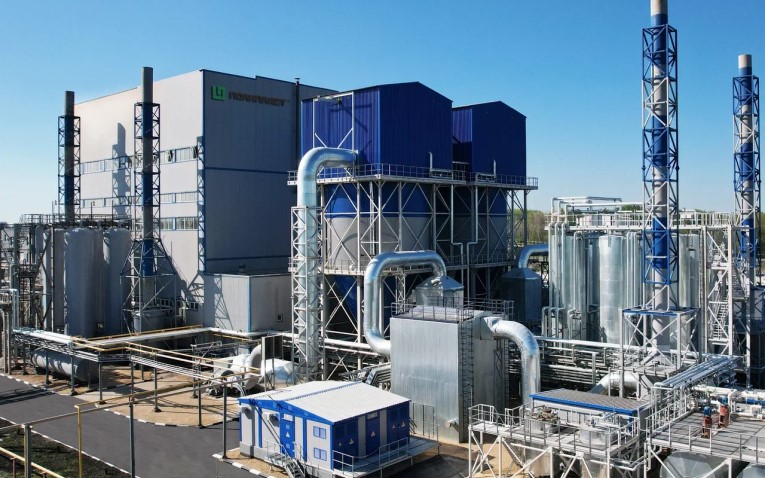



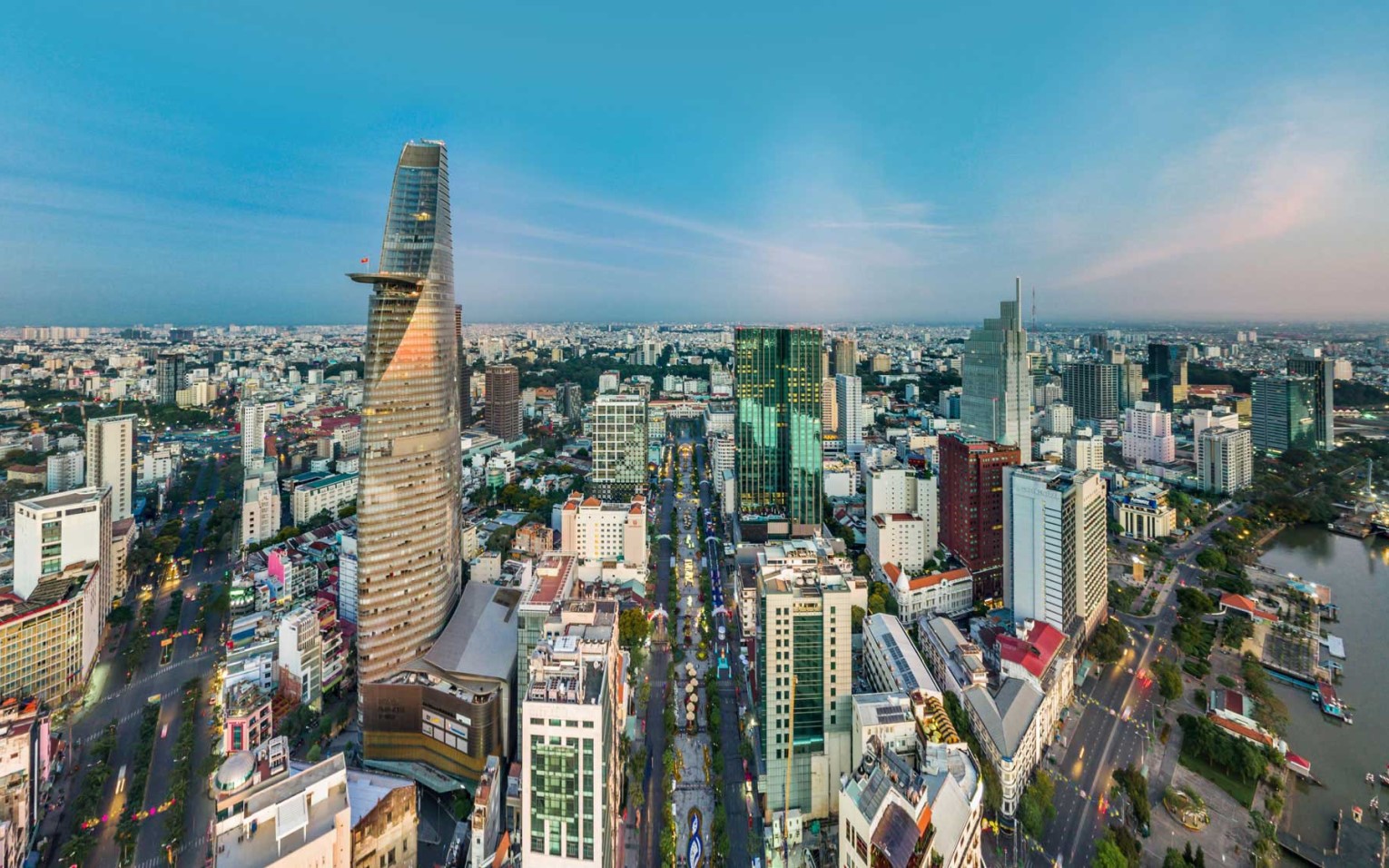

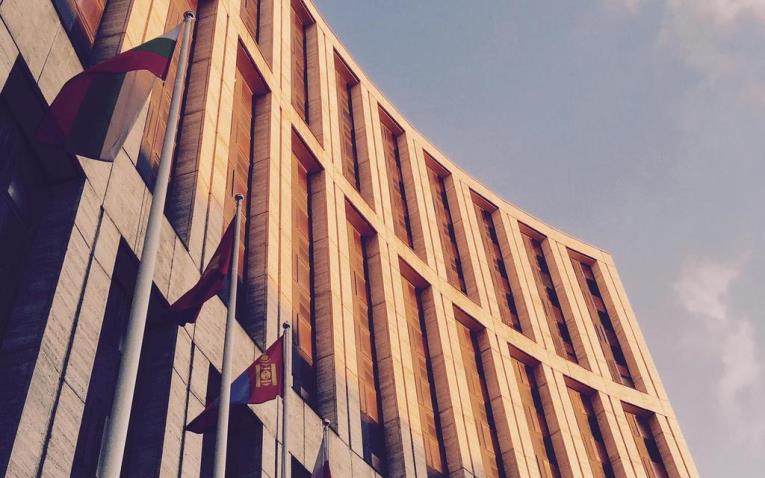


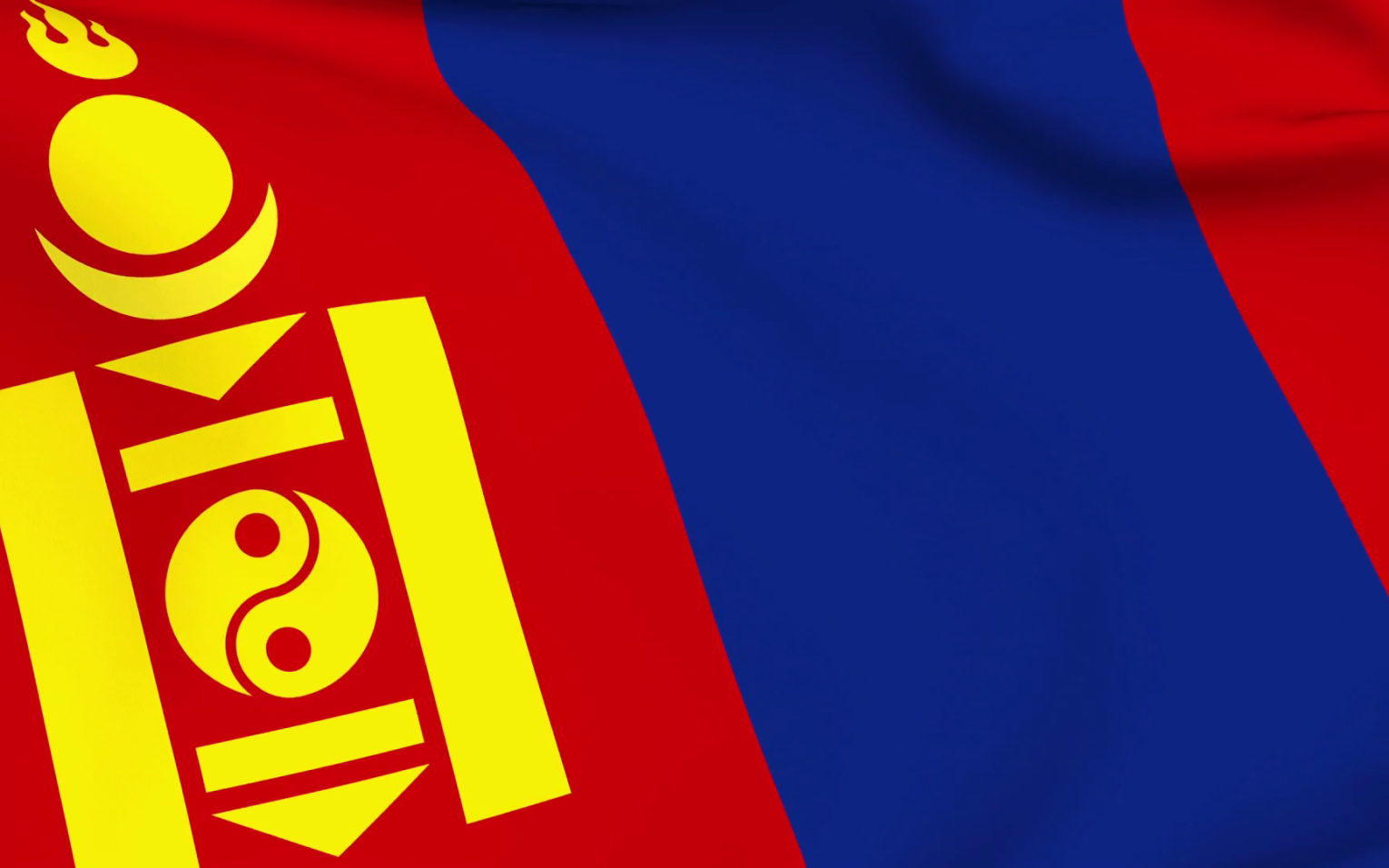
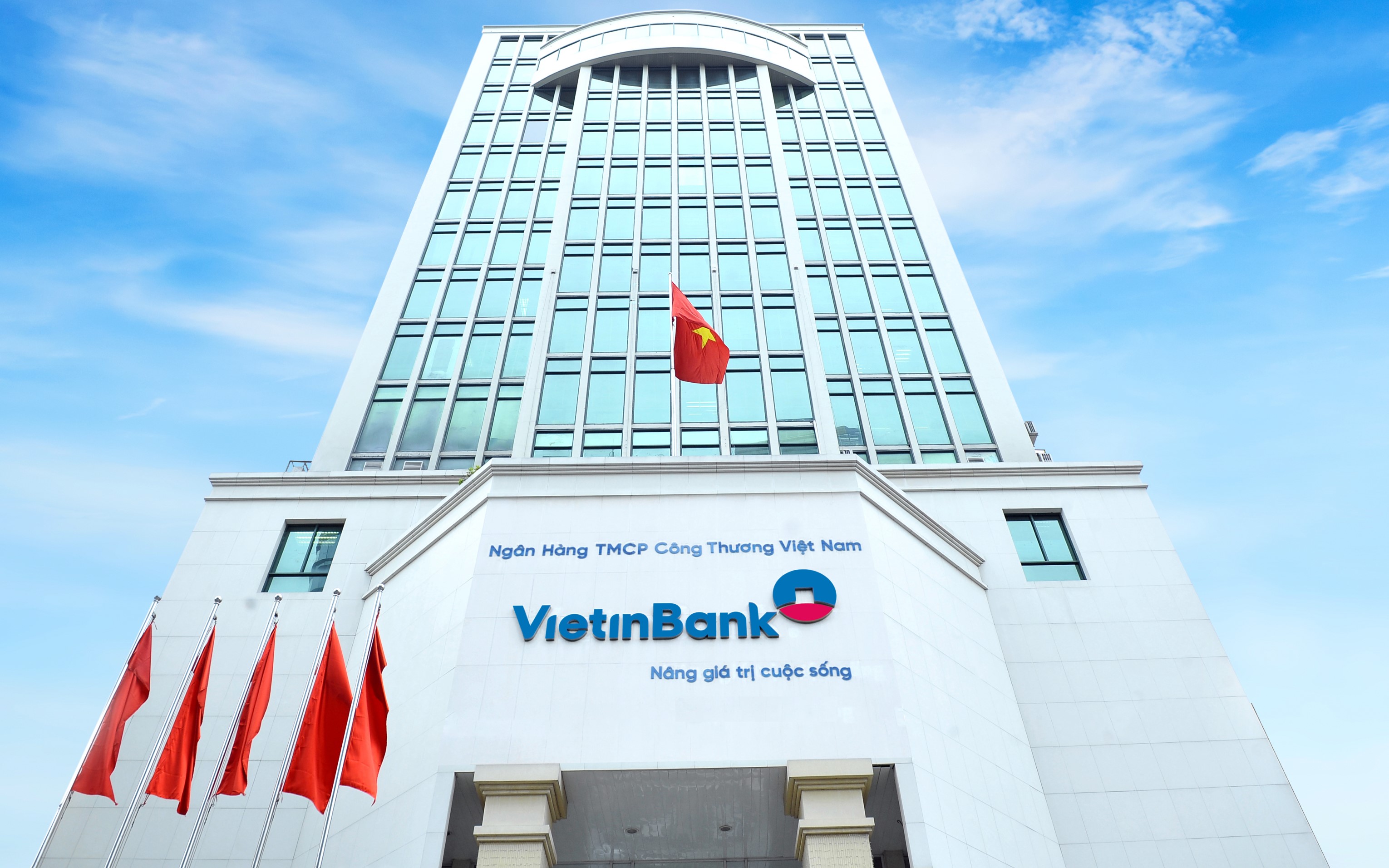
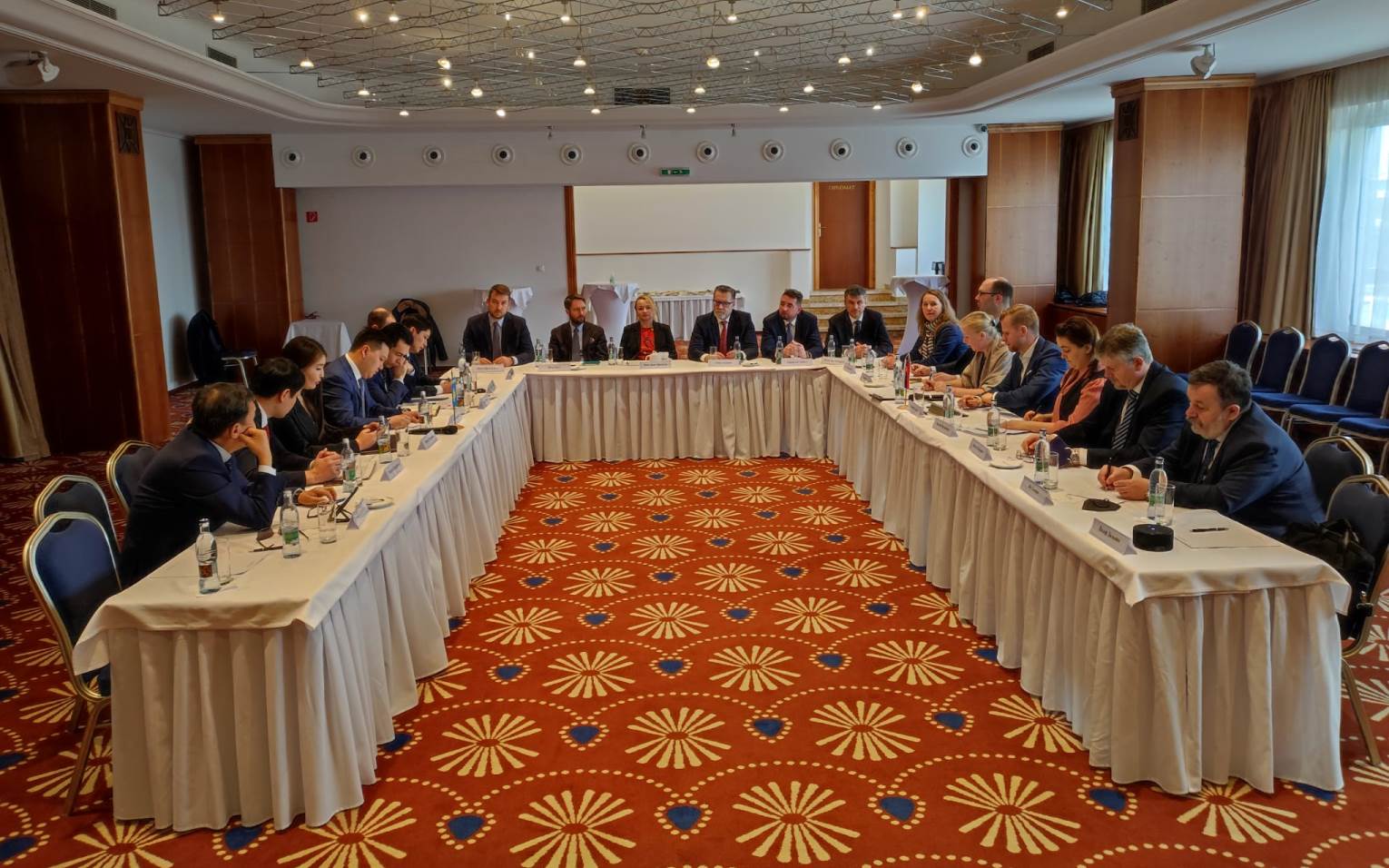
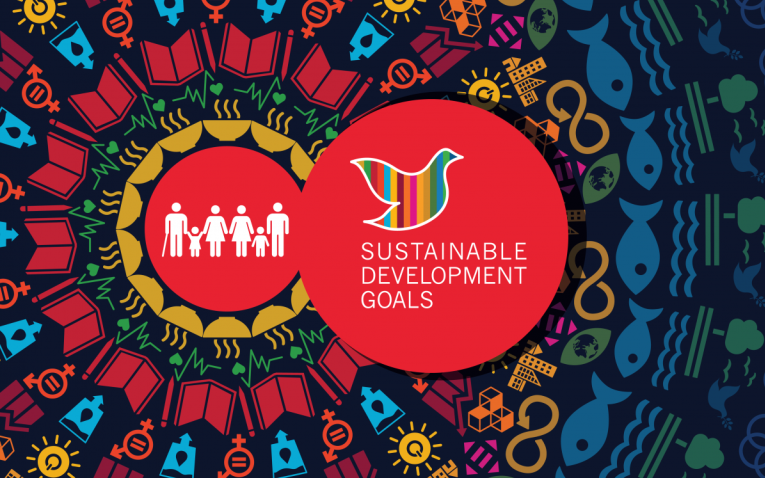
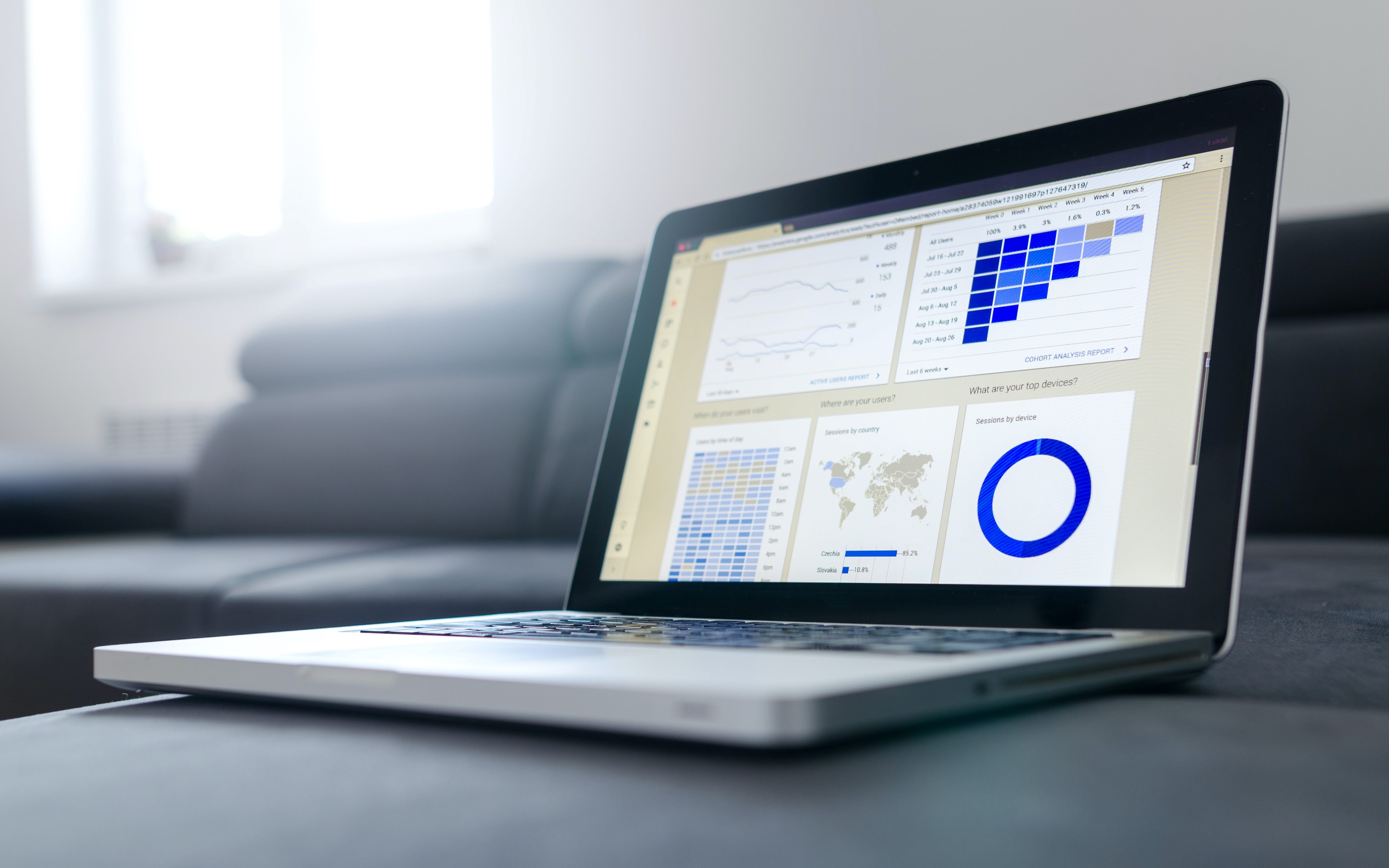
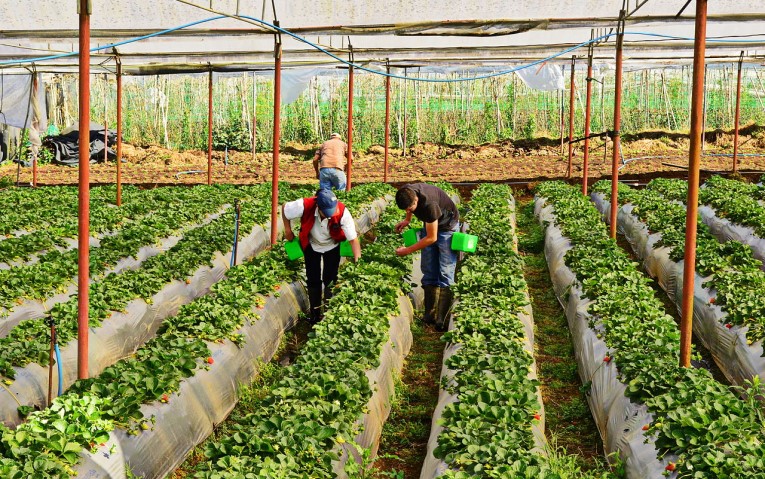

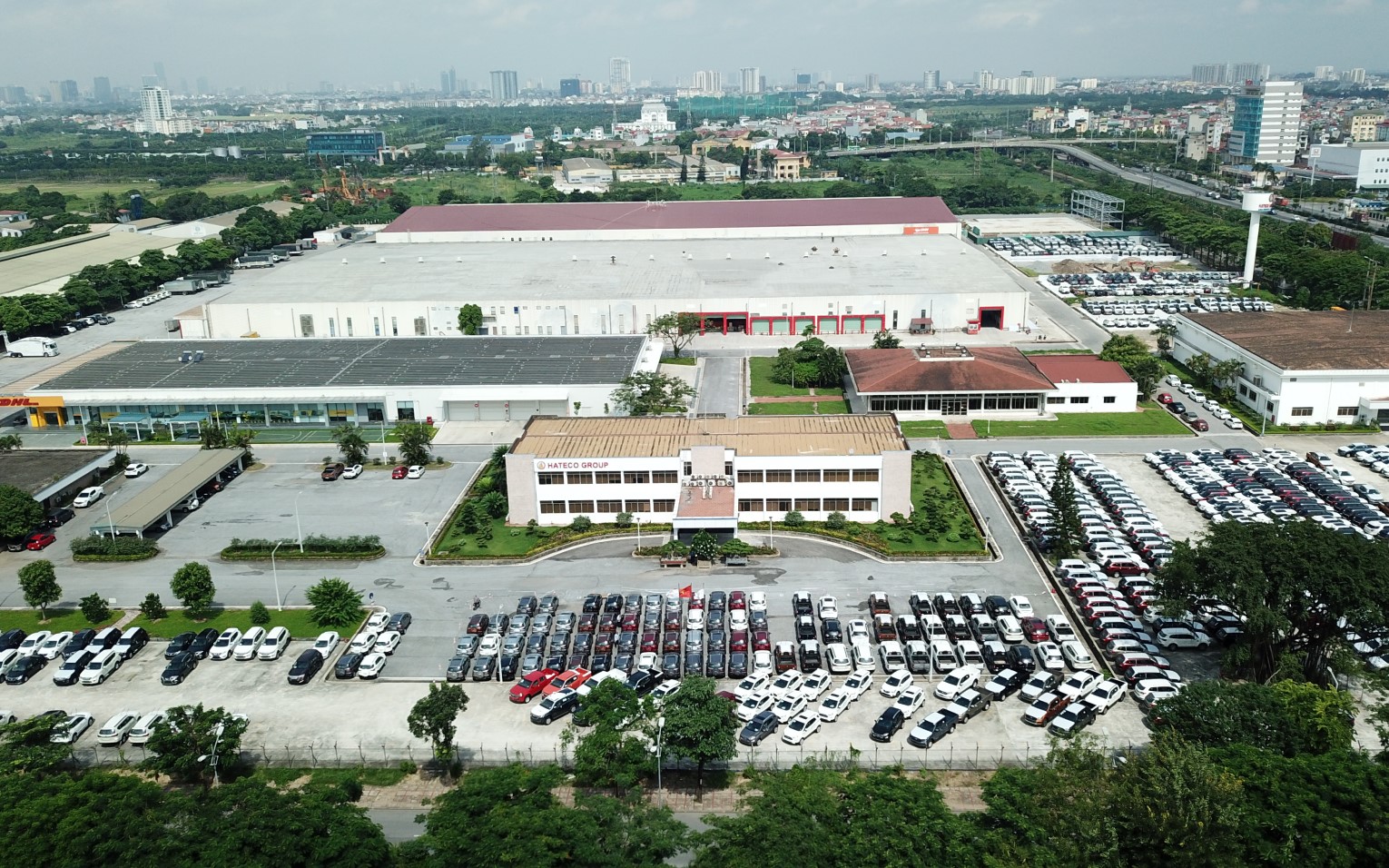
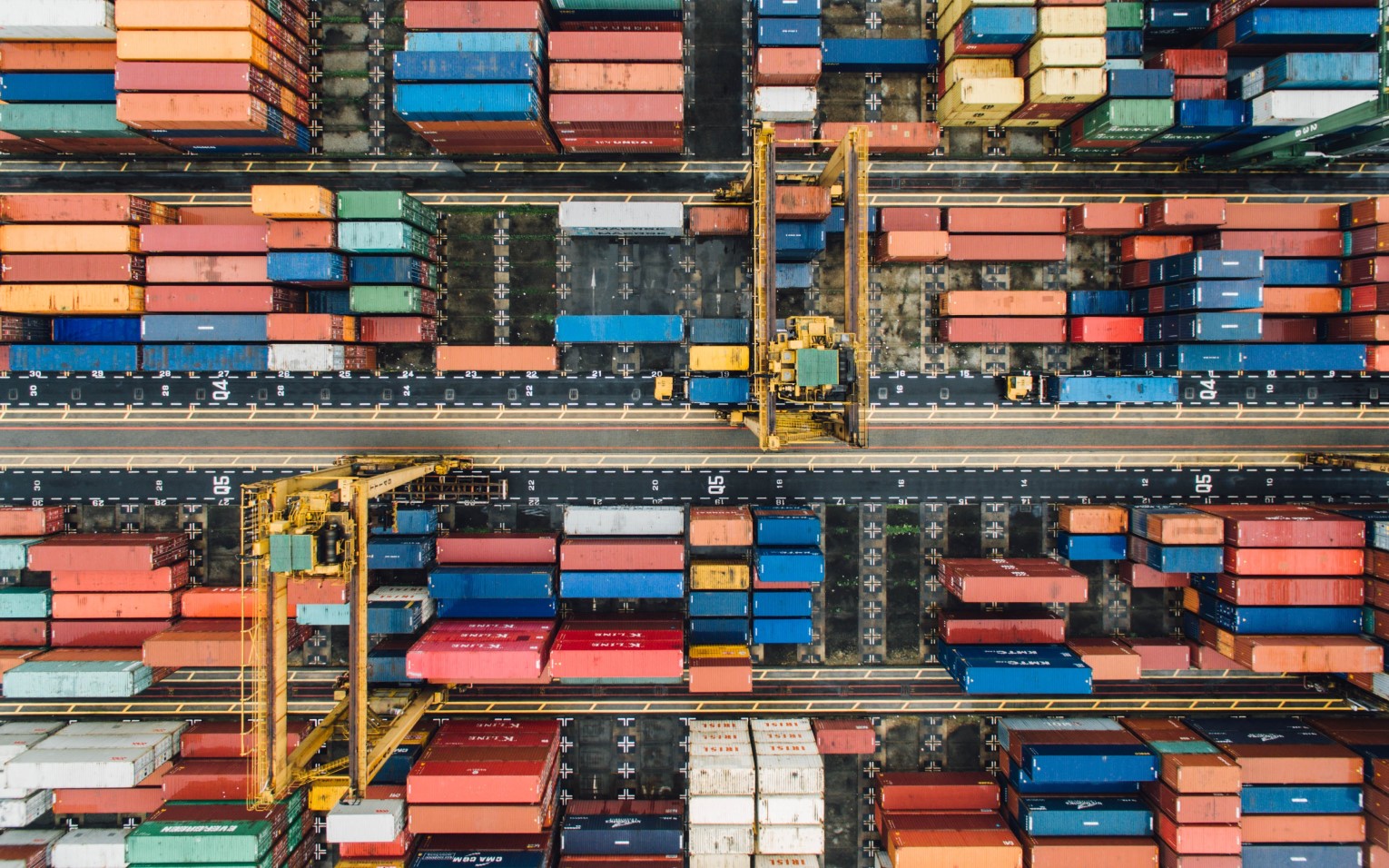
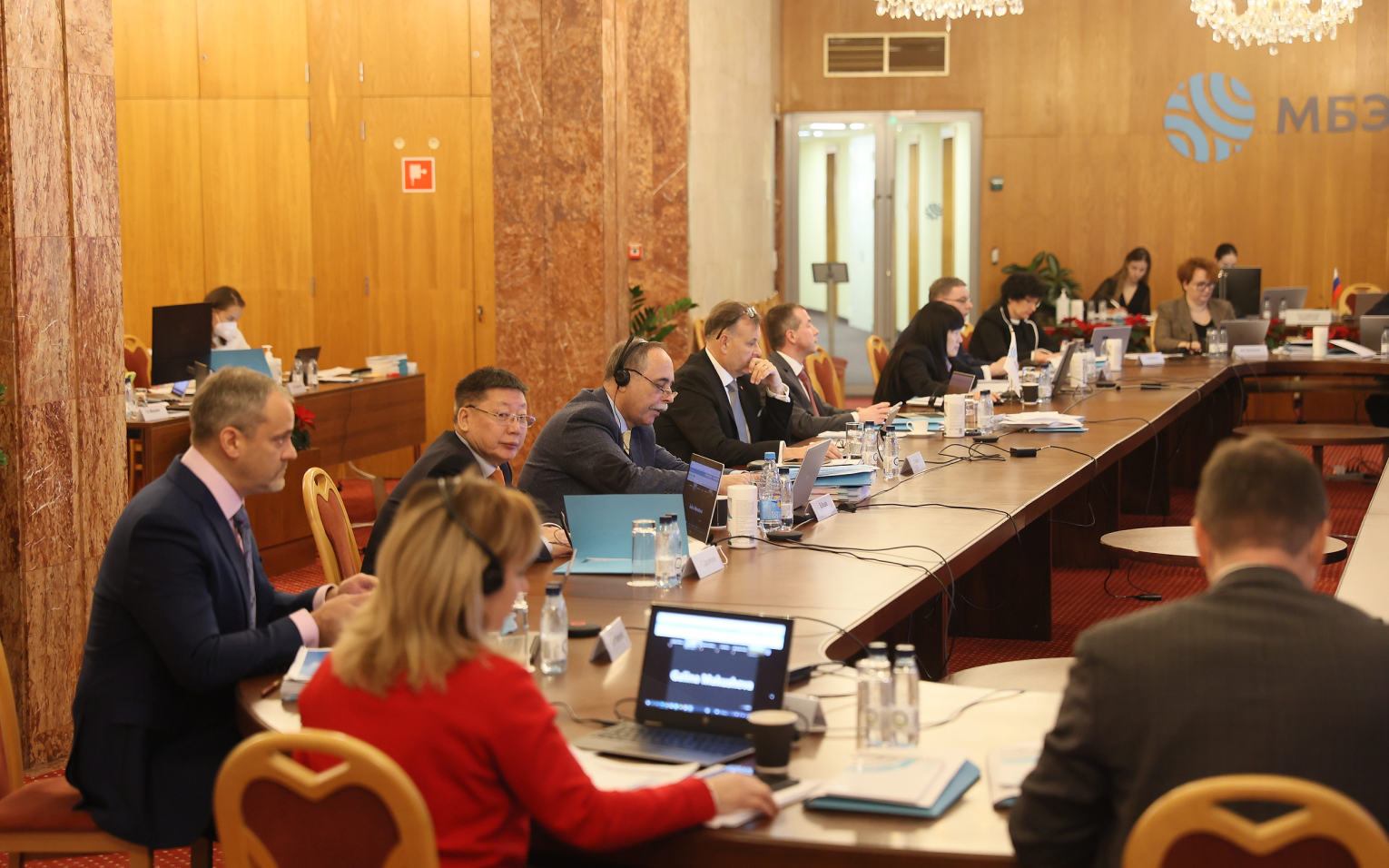
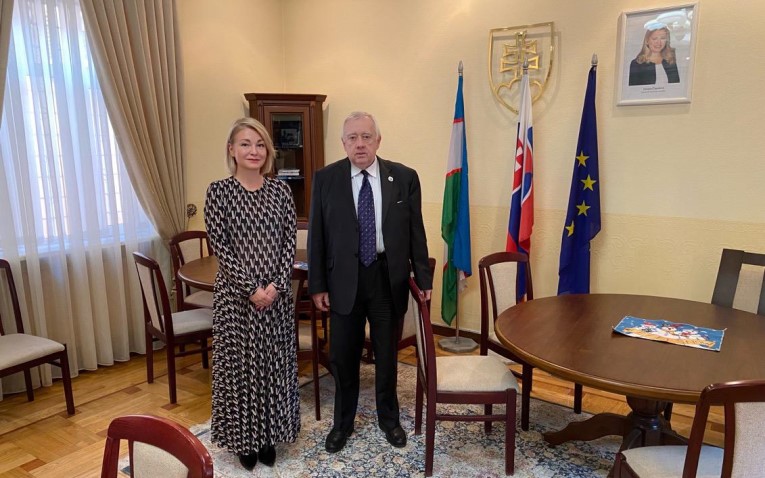


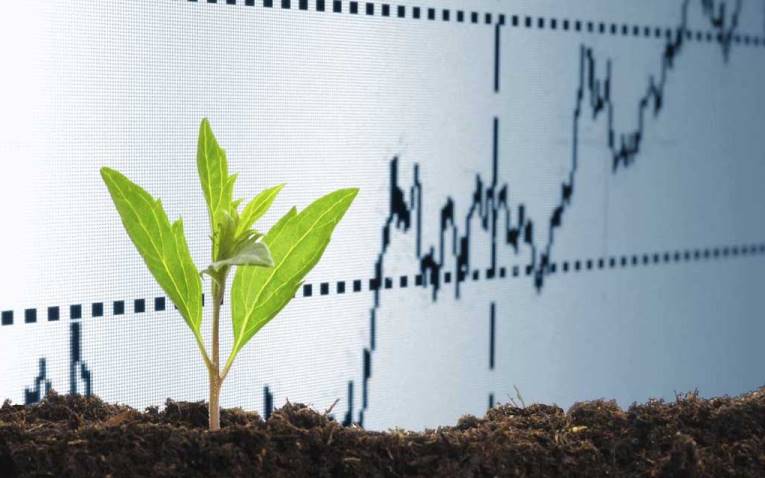
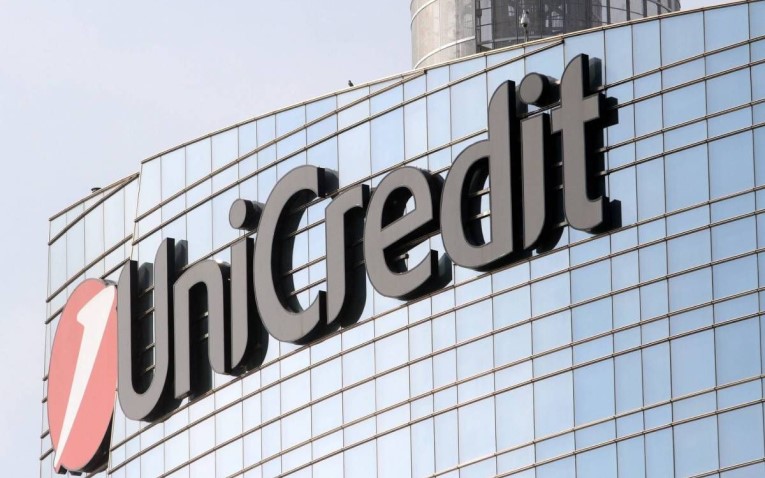
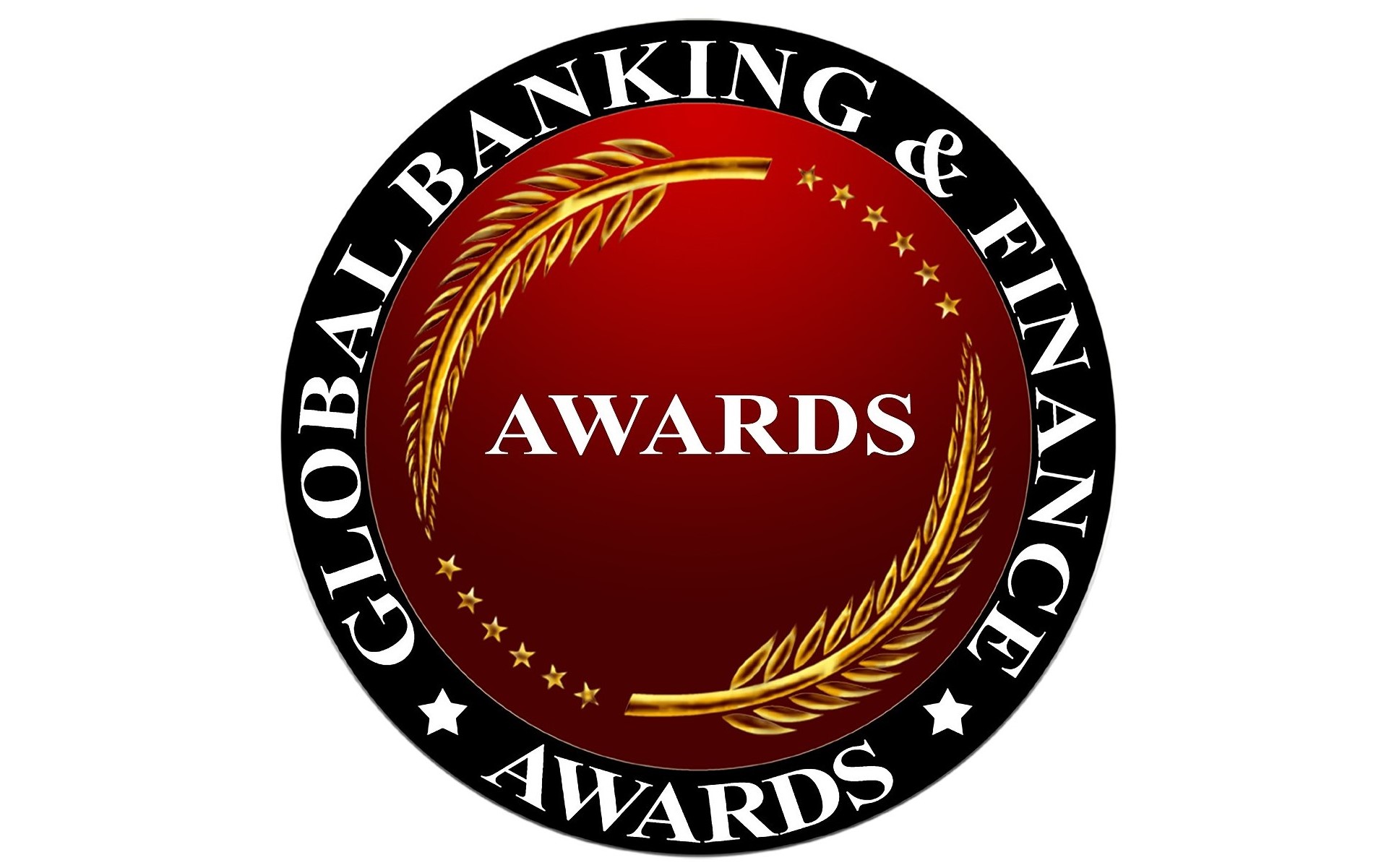
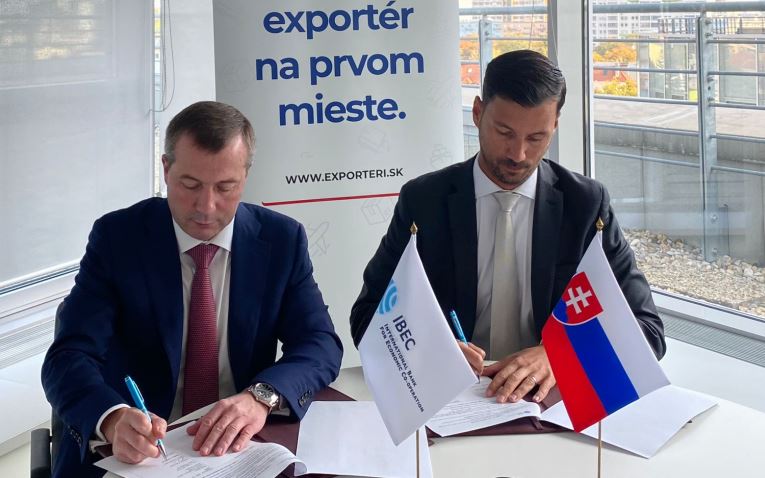
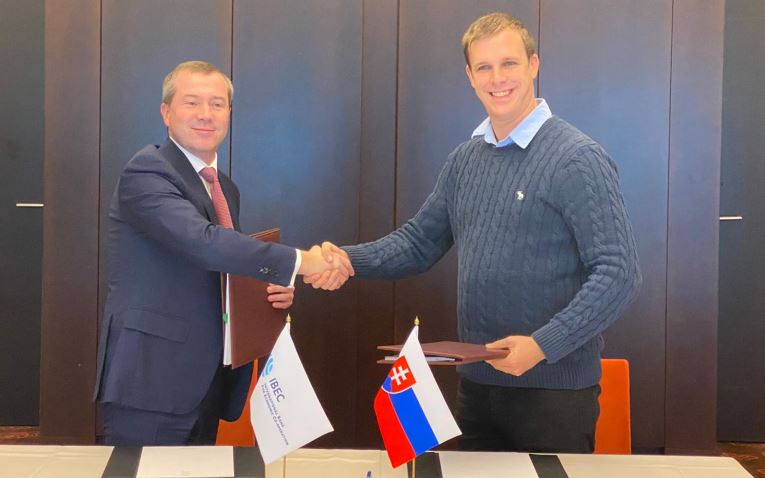

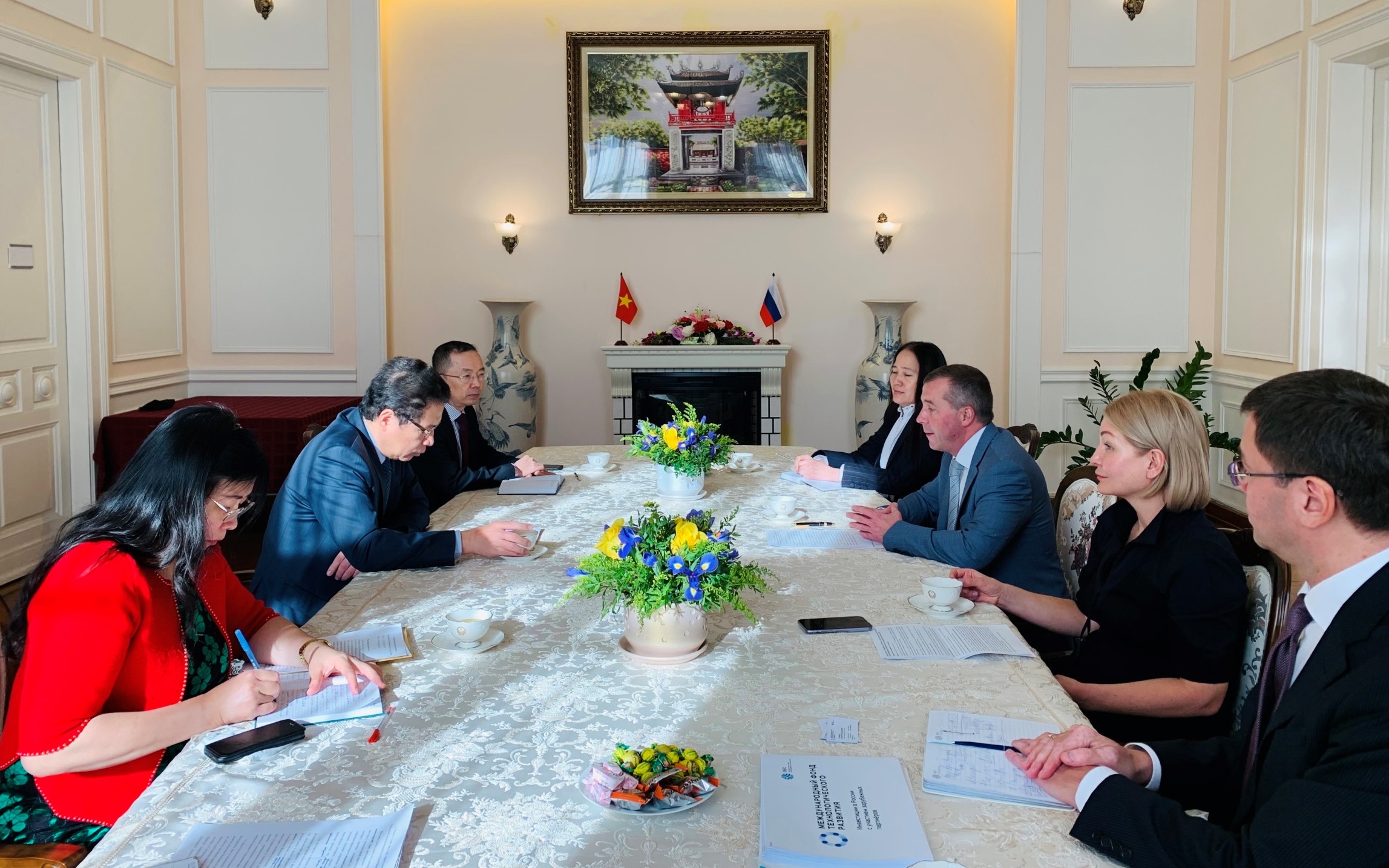
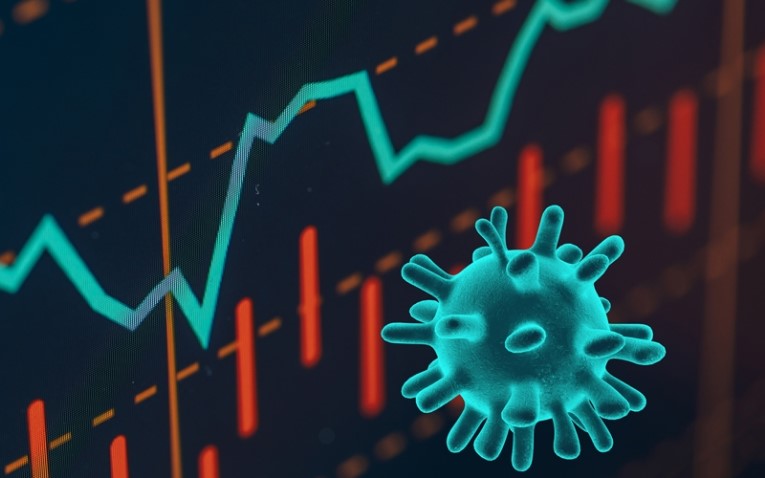
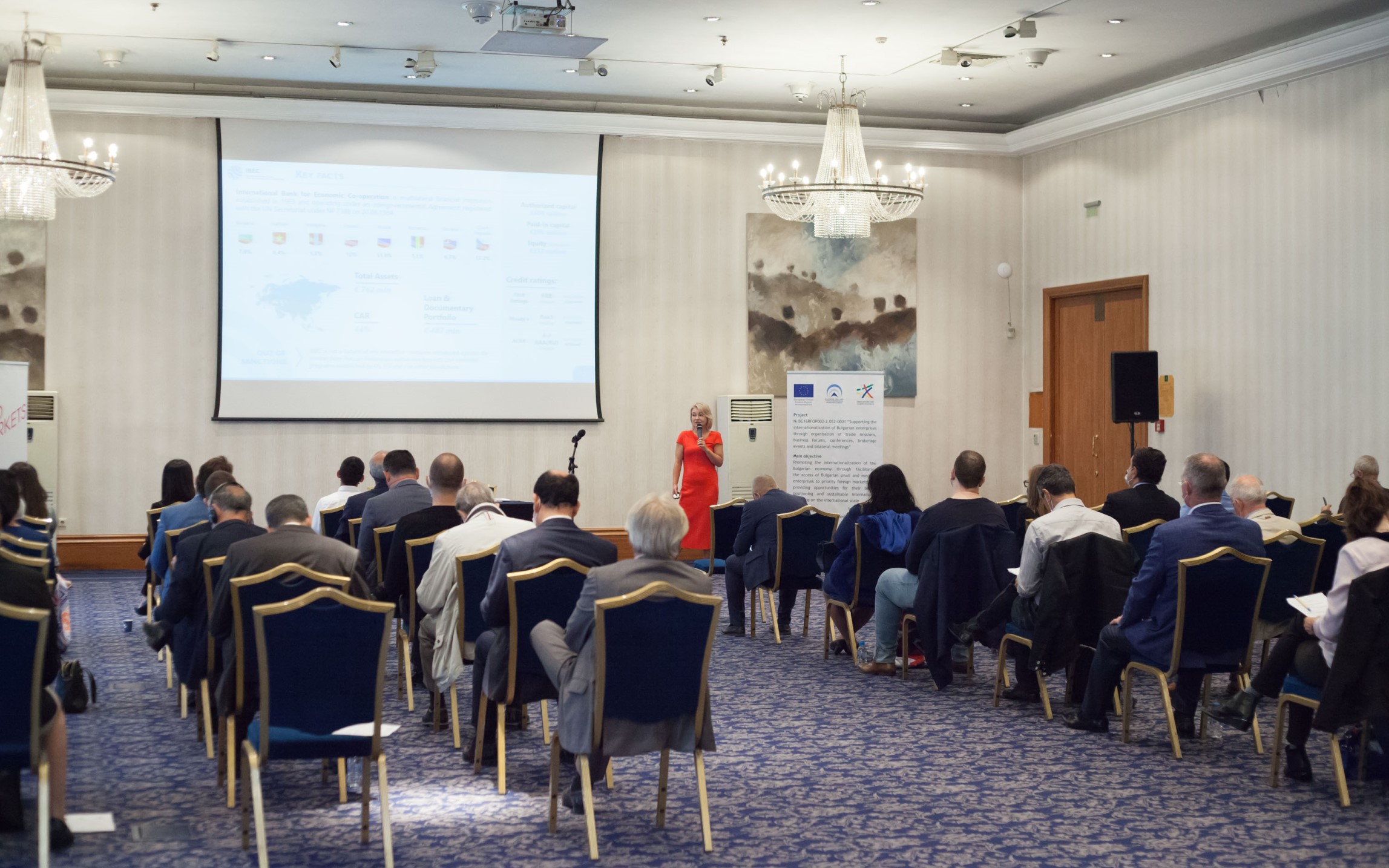

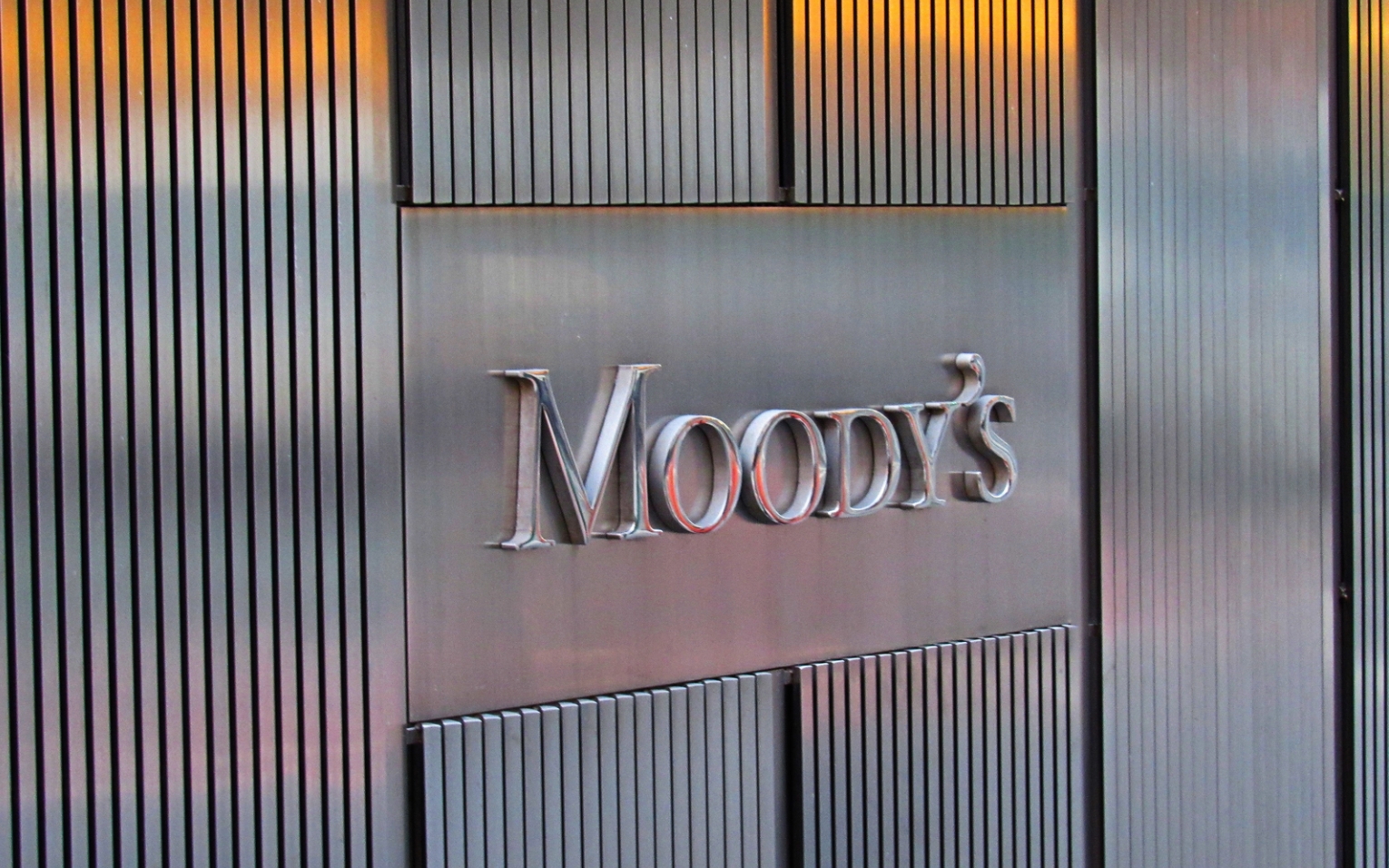
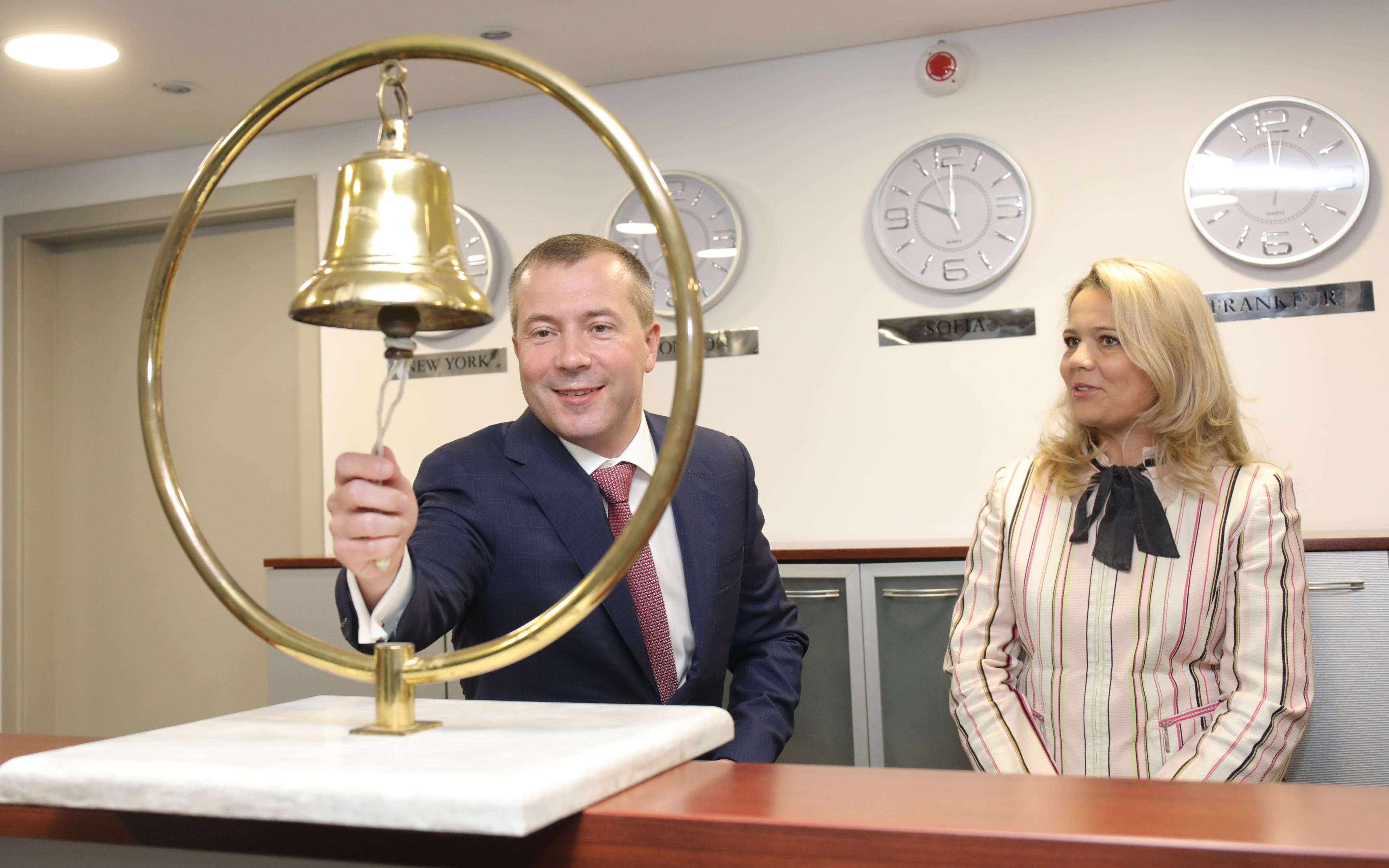



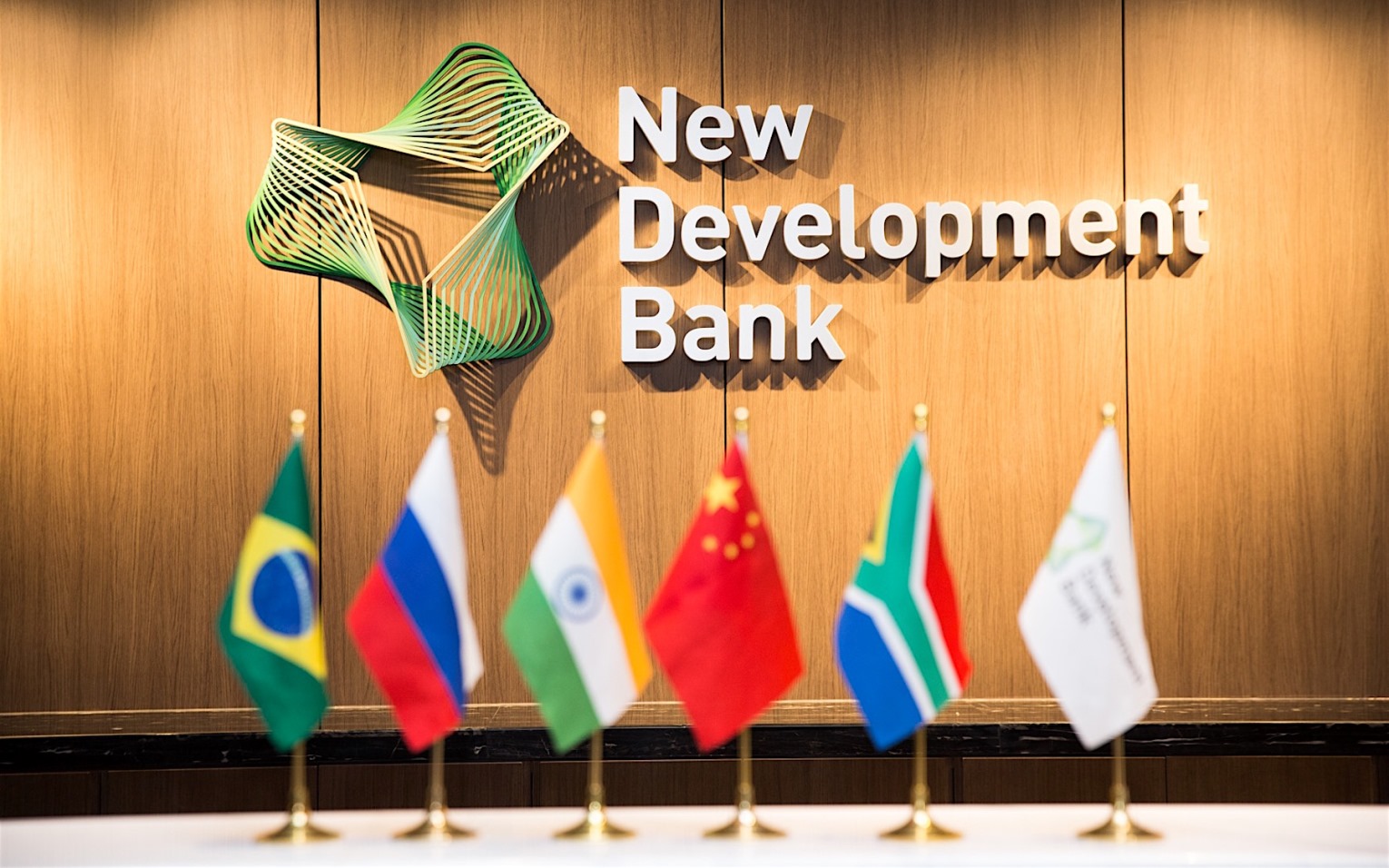


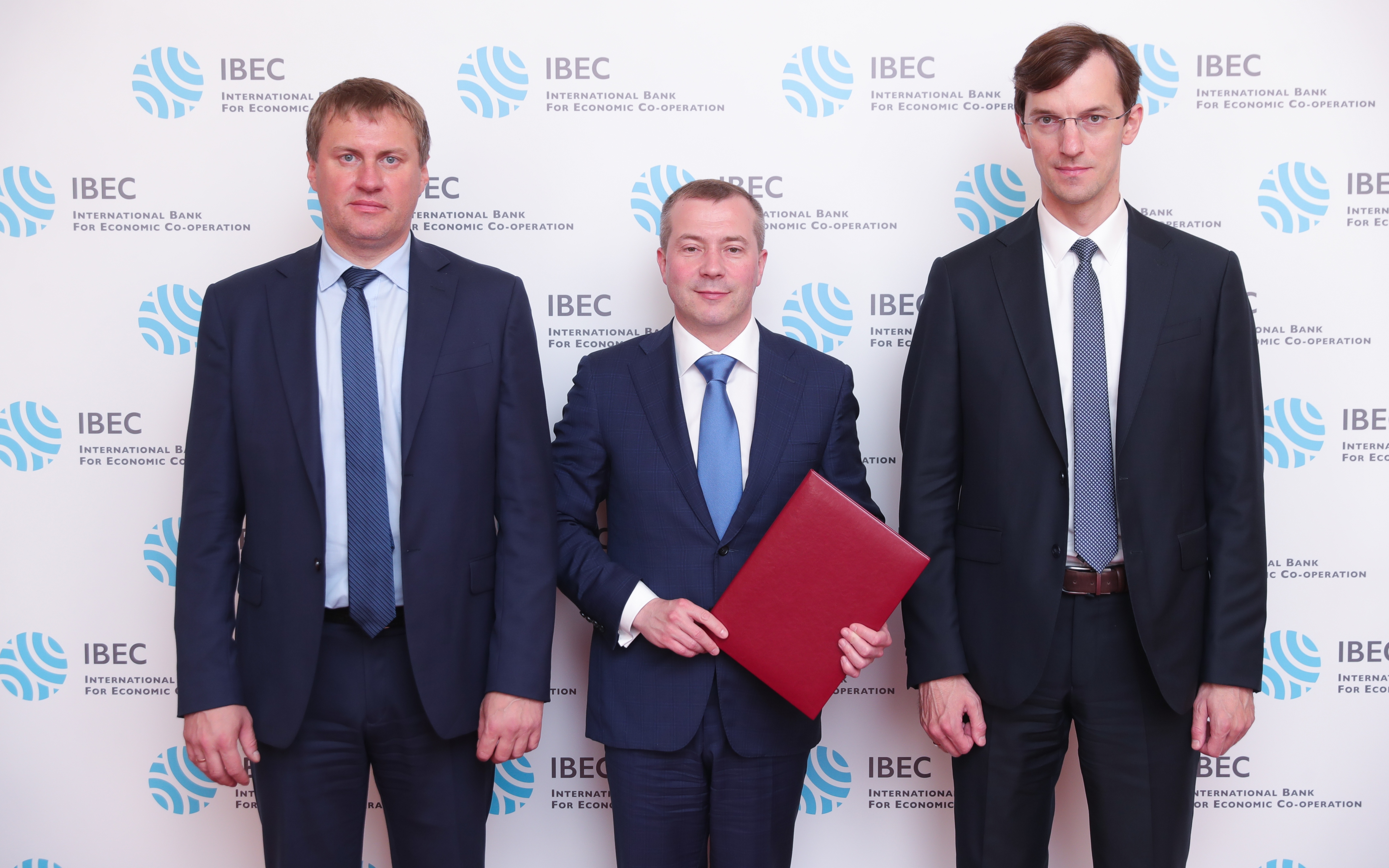
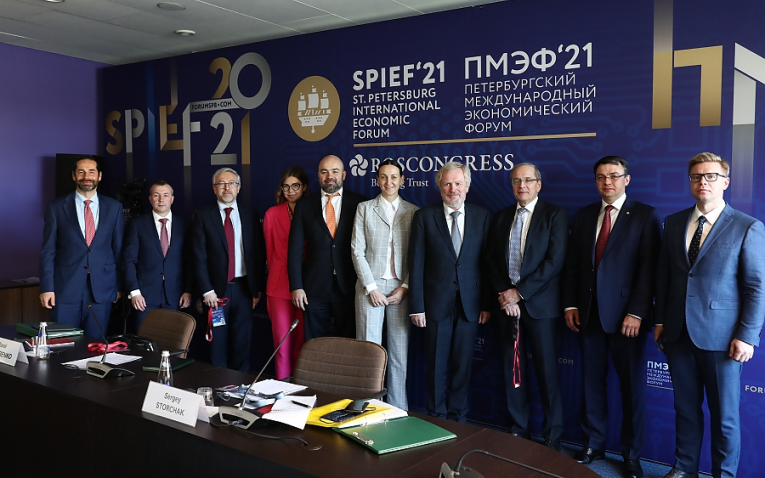
.jpg)
.jpg)
.jpg)


